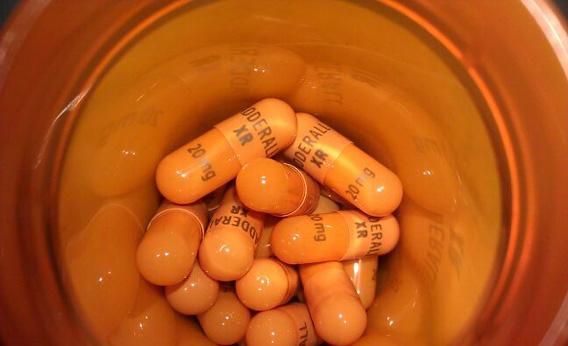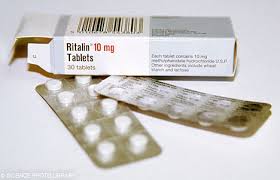Stimulant Addiction Relapse and the Roles of Shame and Guilt
Most addicts go through this. You miss a few therapy appointments. You stop going to meetings for a little bit. But, when you also stop taking calls from people wondering where you are and you hide yourself away, there is more going on. Usually, it means that you backslid.
The National Institute on Drug Abuse notes: “Treatment of chronic diseases involves changing deeply imbedded behaviors, and relapse does not mean treatment has failed. For a person recovering from addiction, lapsing back to drug use indicates that treatment needs to be reinstated or adjusted or that another treatment should be tried.” Just because you had a small (or even large) relapse isn’t a reason to stop treatment altogether, so why do people make that choice?
The reasons are many, but the big ones are two feelings: shame and guilt. These negative emotions are part of the reason relapses often happen and they are responsible for keeping the relapse going and avoiding returning to treatment, but you can stop that cycle.
If you are in stimulant recovery and need to revisit treatment or you are tired of feeling guilty and ashamed and want to begin your first treatment, you should speak with the experts at Stimulants.com. They can be reached at 800-605-6597 Who Answers?.
Shame and Guilt

Stimulant addicts may feel shame due to the negative opinions society has about addiction.
All people experience shame and guilt, but addicts tend to experience them more. They also tend to lump the two together into one emotion, but it is better to see the two as separate. An archived manual from the National Institute on Drug Abuse (NIDA) clarifies that difference. “Shame refers to negative beliefs about oneself; for example, one is a weak, worthless, or deficient person. Guilt refers to the belief that one has engaged in wrongful behavior, such as stealing to obtain money for drugs.
So you feel shame about yourself and guilt over your actions. Both can be hard to deal with, but shame tends to be the more difficult to get over and the more dangerous to your continued sobriety.
The Downward Spiral
But, why are addicts (those in active treatment, those actively using, and those in recovery) feeling these emotions with more regularity? What is the cause? The answer lies in the incorrect views society holds regarding addiction.
NIDA observes: “Many people do not understand why or how other people become addicted to drugs. It is often mistakenly assumed that drug abusers lack moral principles or willpower and that they could stop using drugs simply by choosing to change their behavior. In reality, drug addiction is a complex disease, and quitting takes more than good intentions or a strong will.”
Because these attitudes are a part of society, you will take them in and they will color your thoughts. You will think that your addiction is a sign that you are too weak to quit. You are too much of a loser to be sober. You will feel shame.
You will also feel guilty about the behaviors you engaged in:
- Immoral or illegal ones—like theft, prostitution, and burglary—to get drugs or money for drugs
- Ones that hurt your friends or family physically
- Ones that hurt your friends or family mentally
- Ones that hurt your friends or family emotionally
- Ones that hurt your friends or family financially
- Ones that lost you your job, home, and/or family
When these negative emotions take hold, you will want to escape them and there is an easy way to do that: stimulants. Even if the relief from the guilt and shame is temporary, addicts will seek it out. Then, you are doing drugs to escape from your feelings about doing drugs. It is a dangerous cycle.
Stimulant Addiction’s Hold on the Mind and the Benefits of Talk Therapies in Treatment
Breaking Free
Both shame and guilt can be dealt with by working to remain honest about how you feel and the actions that you take.
Work with someone you trust to acknowledge your negative emotions and to remind yourself that you don’t have to let them take over. Confronting them can build your self-esteem and self-respect.
When time and circumstances are right, make amends to the people affected by your behaviors. Doing so will reduce your guilt and help you rebuild trust.
If you are ready to deal with the shame and guilt associated with your stimulant abuse, it’s time to call Stimulants.com at 800-605-6597 Who Answers?. Break free!



